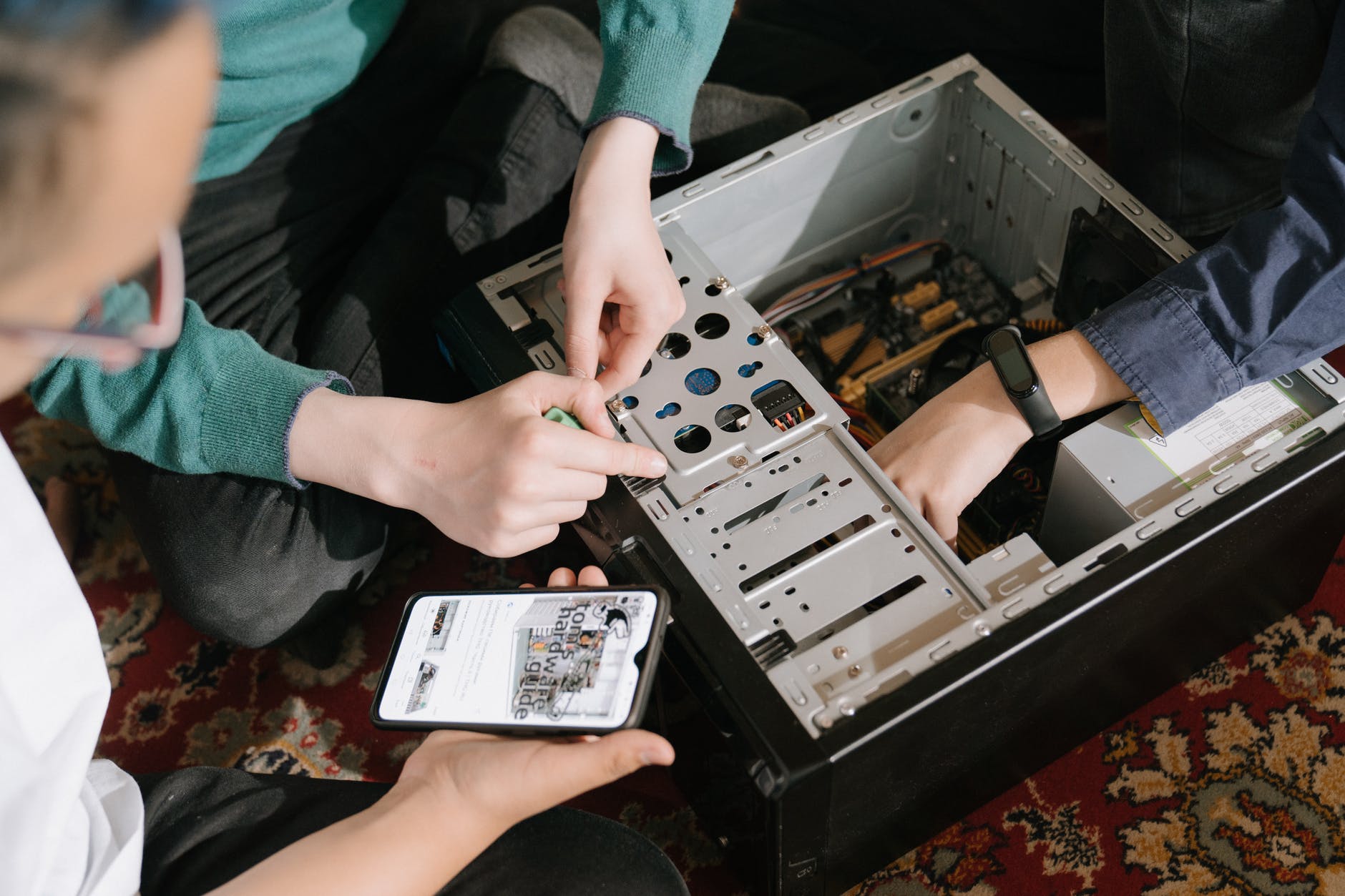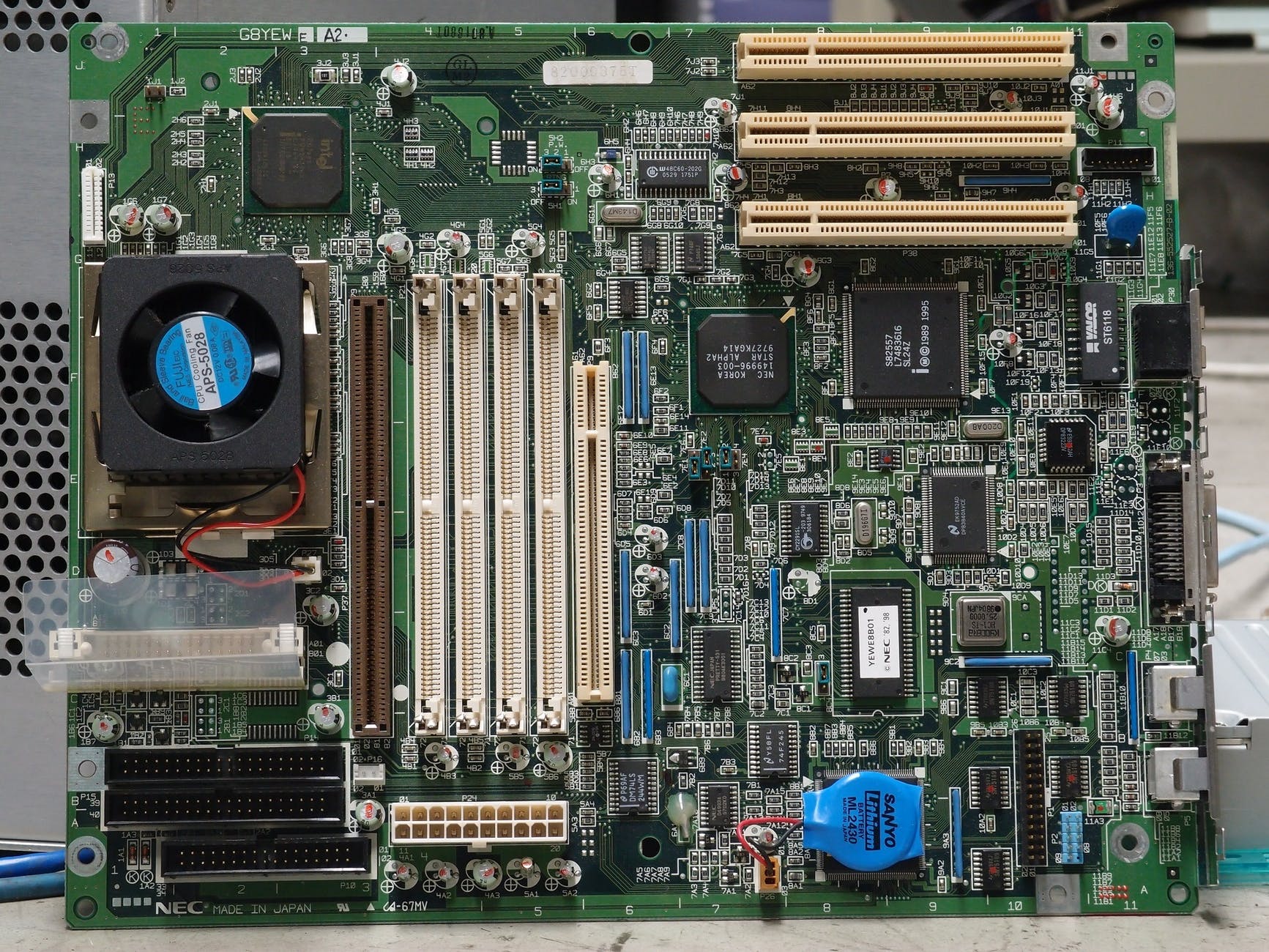In this article, let’s discuss the various options to speed up an Old PC.
Table of Contents
In this article, I’ll share some of the useful tips on how to speed up an Aging Computer (Laptop or Desktop). Laptops that are a few years older may run very slow and you might even see screen freezing. Over the years, the browsers, applications that your using are all became resource intensive and the older hardware in your desktop or laptop cannot keep up with it.
Are you stuck with an aging computer that’s slower than a tortoise in a snowstorm? Don’t fret! Before you consider tossing it out the window in frustration, there are ways to squeeze out some extra juice and give your trusty old PC a new lease on life.
Clean the Dust Bunnies
Before you dive into the digital magic, it’s time to get physical. Dust accumulates over time, clogging up your computer’s vents and fans, which can lead to overheating and performance issues. So, open up that case, grab a can of compressed air, and blow away those dust bunnies. Your computer will thank you.
Unleash the Power of Software Updates

Operating systems and software programs are like fine wine; they get better with age. But unlike wine, they need regular updates to stay in peak condition. Make sure your OS and all your software are up to date. These updates often include performance enhancements and security fixes that can work wonders for your old PC.
Consider More RAM
If your computer seems sluggish when multitasking, adding more RAM can be a game-changer. RAM is like your computer’s short-term memory, and increasing it can help your PC juggle multiple tasks more efficiently. Check your system’s specifications to see how much RAM it can handle, and then go ahead and upgrade.
Swap Out That Hard Drive
One of the most significant performance upgrades you can make is swapping out your old hard drive for a solid-state drive (SSD). SSDs are lightning-fast compared to traditional hard drives, and the difference is like night and day. You’ll be amazed at how much snappier your computer becomes.
Trim Down on Startup Programs
Your computer might be weighed down by a bunch of programs that start up with Windows. Many of these you probably don’t need right away. Use the Task Manager or a third-party tool to disable unnecessary startup programs. This will free up resources and make your computer boot faster.
Regular Housecleaning
Just like your home, your computer can get cluttered. Uninstall programs you no longer use and delete old files and folders you don’t need. Empty the recycle bin, and consider using disk cleanup tools to get rid of temporary files and system junk.
Manage Your Browser Extensions on your Old PC
If you’re a web surfer, you’ve probably accumulated a bunch of browser extensions over time. Some of these can slow down your browsing experience. Go through your extensions and remove the ones you no longer use or find alternatives that are less resource-hungry.
Stay Protected on Old PC
Don’t forget to keep your computer protected with antivirus software. Even old computers need defense against the digital wild west out there. Updated security software can help keep your system running smoothly by preventing malware and other threats.
Replace Hard Drive with SSDs

So upgrading some of the hardware can speed up your PC. When it comes to upgrade, first thing you should consider is to upgrade the mechanical hard drive. This upgrade usually gives the most speed improvement in most on all laptops and MacBook. Boot times will improve drastically, including application load times and the time to switch between applications. The old hard disk drives or HDD are much slower compared to the solid state drives (SSDs). You can easily replace it by yourself with some tools and buying the SSDs online.
Other Hardware Upgrades like RAM or Processor
Most PC models have step by step instructions online or in YouTube. Next thing you can check is if your laptop has removable RAM slots. If so, you can consider upgrading your RAM to at least 8 GB or with a faster RAM if your chipset supports for a higher frequency RAM. You need to check your PC’s manual to figure the RAM frequencies.
You can also check the chipset’s manual if it’s compatible with a newer or a better quadcore processor(CPU). Difficulty level to upgrade a processor is little bit higher than replacing RAM or SSDs. So, getting it done by a professional is advisable. But this will give more life to your Desktop and in most laptops replacing the CPU is not a option.
Software side tweaks to speed up an Old PC
You can also tweak some of the software side things to speed up an old PC.
- First thing is to disable unwanted softwares from the start up. This will help the PC to boot faster. Many applications will be setup to start on boot up and slows down PC.
- Remove the temporary files from windows directory. Over a period of time your PC will accumulate a lot of Junk or unwanted files in the temp directory. These files are from web browsing, software upgrades, new installation of softwares etc and can eat up most of the hard drive and eventually slow down the PC. Cleaning these temp folders regularly keep your PC to be faster and you’ll gain more hard drive space too.
Final Thoughts on Upgrading an Old PC
With the above mentioned upgrades, you can extend your PC’s life a little longer with limited expenses. Another important tip it to clean up the dust and debris build up on the vents. This will help in improving the air flow and in turn improve device’s thermal performance. Hope these tips are helpful to speed up your PC.
In conclusion, your aging computer might not be as spry as it used to be, but with a little TLC and these optimization tricks, you can still enjoy a zippier computing experience. Give these tips a shot, and you might be surprised by how much life is left in your trusty old machine. Happy computing!



1 thought on “How to Speed Up Old PC?”